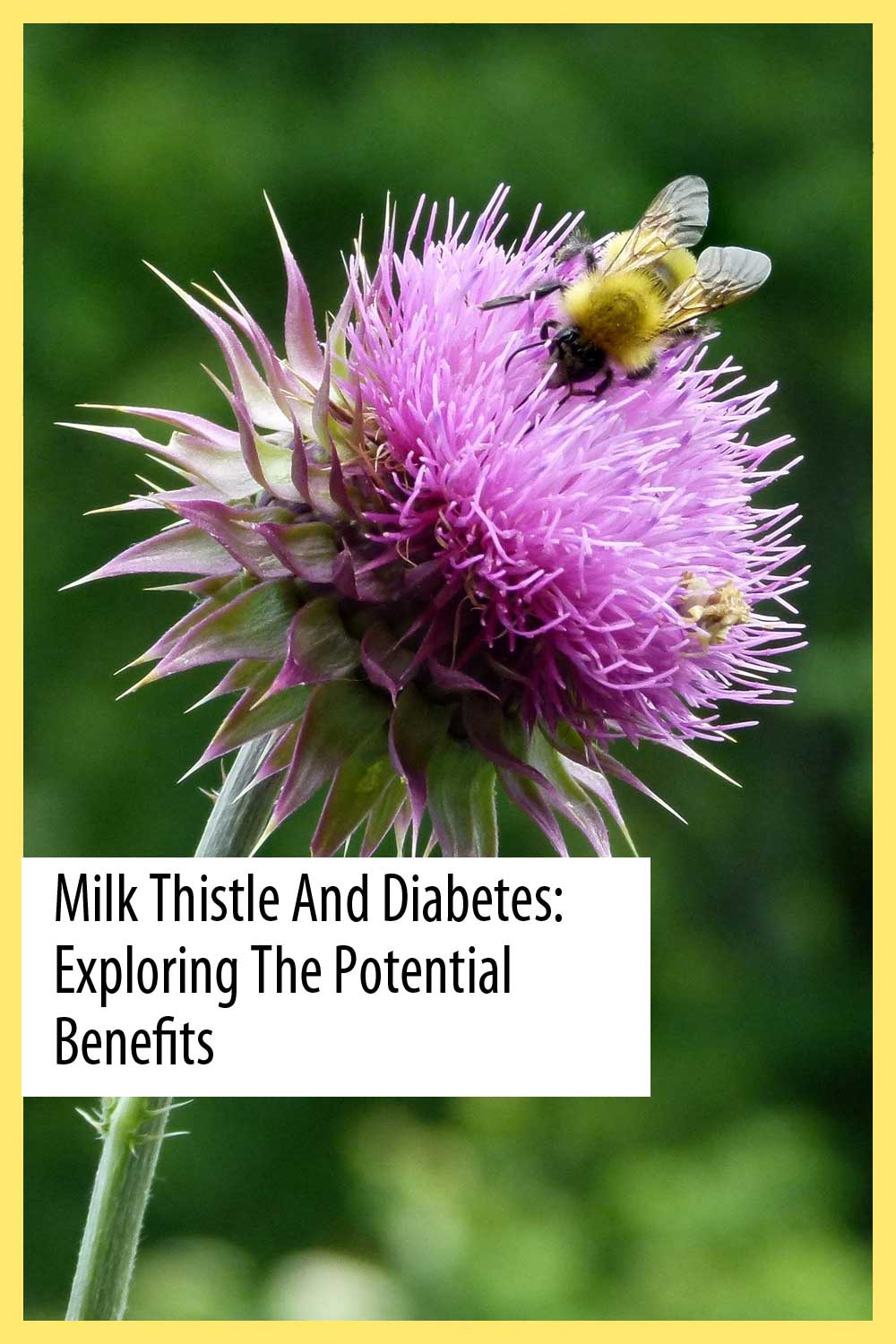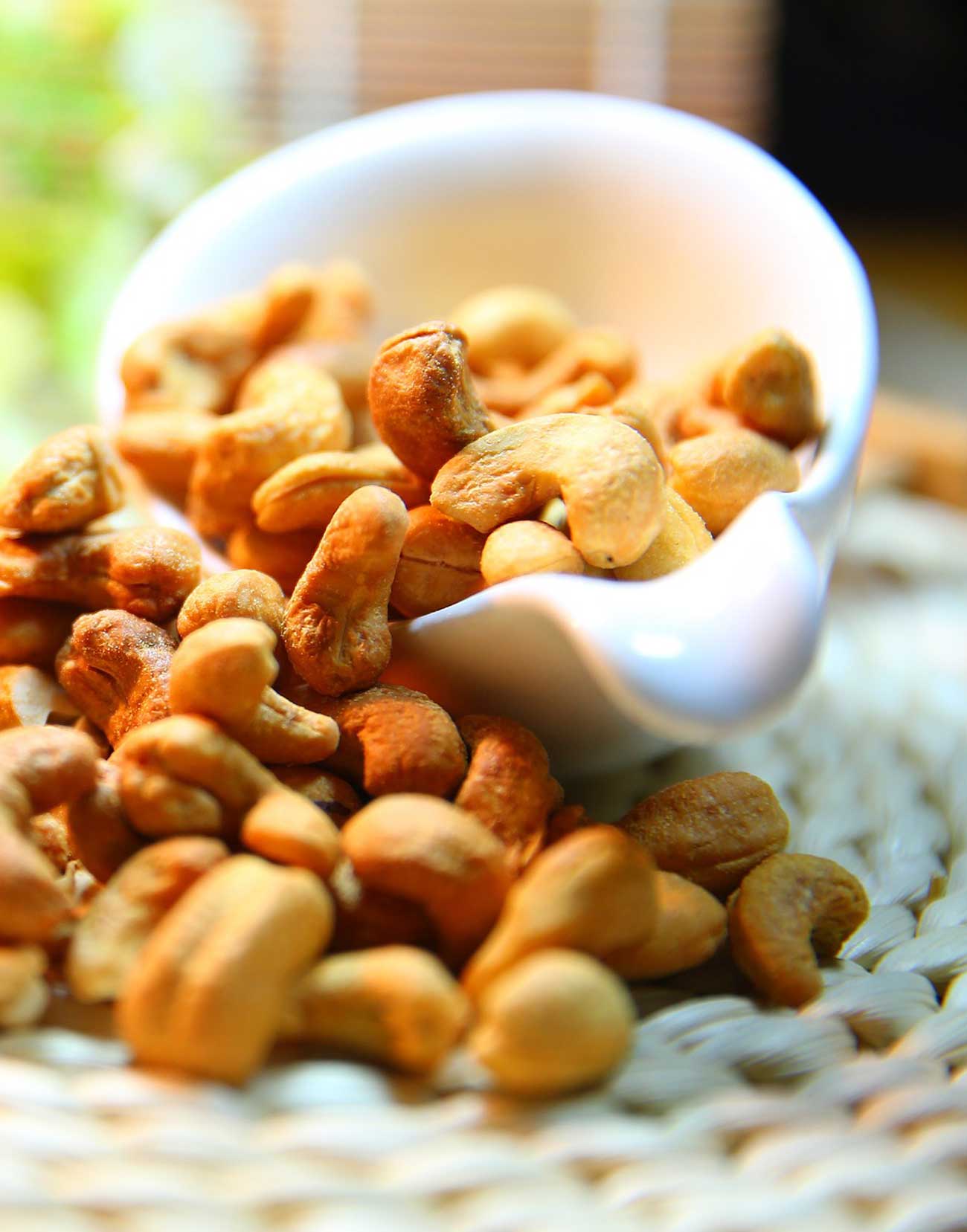
Milk Thistle and Diabetes: Exploring the Potential Benefits
Diabetes is a chronic condition affecting millions of people worldwide. It occurs when the body is unable to regulate blood sugar levels properly, leading to various complications. While diabetes management primarily involves lifestyle changes, medication, and insulin therapy, researchers are continuously exploring complementary approaches to enhance treatment outcomes. One such avenue of interest is the potential benefits of milk thistle in diabetes management.
Milk thistle (Silybum marianum) is a flowering plant native to Mediterranean regions. For centuries, it has been recognized for its medicinal properties and is commonly used in traditional herbal medicine. The active component of milk thistle is called silymarin, which is a mixture of flavonolignans, including silybin, silydianin, and silychristin. Silymarin is known for its potent antioxidant and anti-inflammatory properties, making milk thistle a subject of interest in various health conditions, including diabetes.
Type 2 diabetes, which accounts for the majority of diabetes cases, is characterized by insulin resistance, impaired glucose metabolism, and chronic inflammation. Several studies have investigated the potential effects of milk thistle on these underlying factors, with promising results.
1. Blood Sugar Control: Silymarin has been found to improve blood sugar control by enhancing insulin sensitivity and increasing the uptake of glucose by cells. It may also inhibit certain enzymes involved in glucose production, potentially reducing fasting blood sugar levels.
2. Antioxidant Activity: Oxidative stress plays a crucial role in the development and progression of diabetes-related complications. Silymarin’s antioxidant properties help neutralize harmful free radicals and reduce oxidative stress, protecting the body against cellular damage.
3. Anti-Inflammatory Effects: Chronic inflammation is closely associated with insulin resistance and the progression of diabetes. Silymarin has shown anti-inflammatory effects by inhibiting various pro-inflammatory molecules, thereby reducing inflammation and potentially improving insulin sensitivity.
4. Liver Protection: The liver plays a vital role in glucose metabolism and insulin regulation. Milk thistle has been extensively studied for its hepatoprotective properties. By protecting liver cells from damage and supporting liver function, milk thistle may indirectly benefit individuals with diabetes by maintaining optimal glucose metabolism.
5. Diabetic Complications: Diabetes increases the risk of complications such as diabetic nephropathy (kidney damage) and diabetic retinopathy (eye damage). Studies suggest that milk thistle’s antioxidant and anti-inflammatory effects may help mitigate these complications by reducing oxidative stress and inflammation.
Despite these promising findings, it is important to note that research on milk thistle and diabetes is still in its early stages, and more studies are needed to establish its efficacy and optimal usage. It is essential to consult with a healthcare professional before incorporating milk thistle or any other complementary therapy into your diabetes management plan. They can provide personalized advice based on your specific condition, medications, and overall health.
Furthermore, milk thistle should not replace standard diabetes management strategies, including lifestyle modifications, prescribed medications, and regular monitoring of blood sugar levels. It should be regarded as a potential complementary approach to support overall diabetes care.
In conclusion, milk thistle holds promise as a complementary therapy for individuals with diabetes. Its potential benefits in improving blood sugar control, reducing oxidative stress and inflammation, and protecting the liver make it an intriguing area of research. However, further studies are necessary to establish its safety, efficacy, and optimal dosage. As always, it is crucial to work closely with your healthcare provider to ensure an integrated approach to diabetes management that aligns with your individual needs.
Medical Advice Disclaimer
DISCLAIMER: THIS WEBSITE DOES NOT PROVIDE MEDICAL ADVICE
I am not a doctor. The information, including but not limited to, text, graphics, images and other material contained on this website are for informational purposes only. No material on this site is intended to be a substitute for professional medical advice, diagnosis or treatment. Always seek the advice of your physician or other qualified health care provider with any questions you may have regarding a medical condition or treatment and before undertaking a new health care regimen, and never disregard professional medical advice or delay in seeking it because of something you have read on this website.



